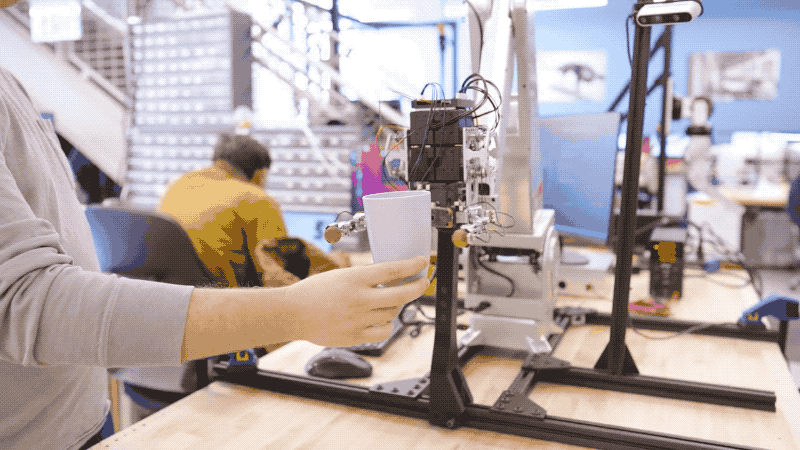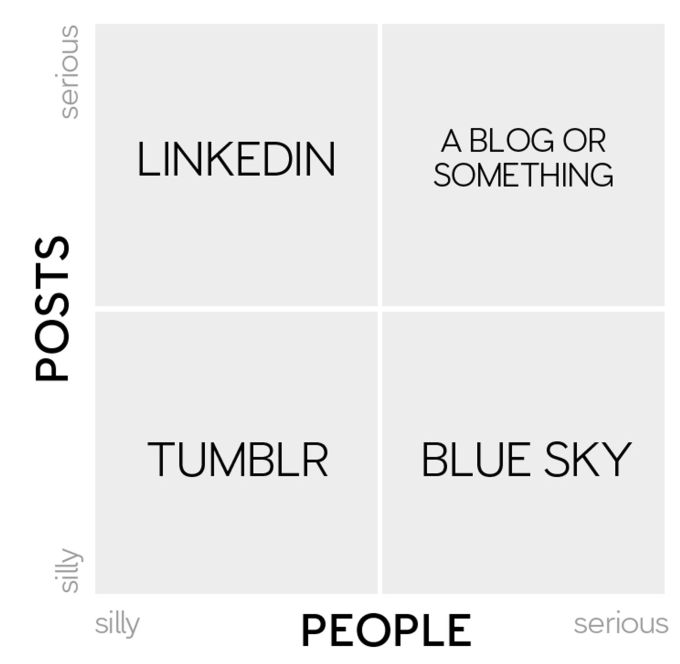OpenAI, the startup behind the widely used conversational AI model ChatGPT, has closed its new funding round of over $10.3 billion, TechCrunch has learned.
VC firms including Tiger Global, Sequoia Capital, Andreessen Horowitz, Thrive and K2 Global are in the round, according to documents seen by TechCrunch. A source tells us Founders Fund is also investing. Altogether the VCs have put in just over $300 million at a valuation of $27 billion – $29 billion. This is alongside a big investment from Microsoft announced earlier this year, a person familiar with the development told TechCrunch. The size of Microsoft’s investment is believed to be around $10 billion, a figure we confirmed with our source.
If all this is accurate, this is the closing of the round that the Wall Street Journal reported was in the works in January. We confirmed that was when discussions started, amid a viral surge of interest in OpenAI and its business.
While Microsoft’s investment comes with a strong strategic angle — the tech giant is working to integrate OpenAI’s tech across a number of areas of its business — the VCs are coming in as financial backers.
From what we understand, the term sheets have been signed by investors and the money’s been transferred; still to come is countersigning from OpenAI. The plan was to make this investment public next week.
Altogether, outside investors now own more than 30% of OpenAI.
According to PitchBook data, it appears that Peter Thiel had already been a backer but it seems this is the first time Founders Fund will be investing; K2 Global, a firm with just one partner, Ozi Amanat, and Thrive are also first-time backers of the startup. From PitchBook data, it looks like Sequoia, A16Z and Tiger Global had been earlier investors in the company but they’d sold stakes; this latest investment would bring them back in.
A number of firms, including Tiger and Sequoia, have had some knocks as a result of the financial crisis the tech sector has seen in the last year; in general, a number of VCs have massively slowed down their investing pace, sitting on so-called “dry powder” waiting for a better climate, and maybe better opportunities.
So at a moment when investors are on the hunt for interesting AI startups to back, OpenAI is likely seen as the kind of opportunity that looks good right now.
“They’re probably trying to use this [funding] to say hey, look, we found a golden apple,” a source said of the decision to back OpenAI here and now. “Venture is a very strange place where anything can happen. You can go big to broke to big again, at any time.”
OpenAI has an army of technical teams working across a range of areas, but the area that has attracted a lot of attention of late is GPT, short for Generative Pre-trained Transformer, which is OpenAI’s family of large language models used by third parties by way of APIs.
There is also ChatGPT, the generative AI service that OpenAI released at the end of November 2022 based on GPT that lets anyone type out a natural question and get a cogent, detailed answer. ChatGPT has been a certifiable hit, with more than 1 billion visitors to its website in February, says SimilarWeb — and that’s not including those using that tech via third parties.
Generative AI is very much all the rage right now, but OpenAI has its controversies, too, with many focused on that buzzy, consumer-facing ChatGPT product. People have questioned whether it lies, whether it is a “virus“, how it handles privacy, if it can be manipulated to be toxic, or commit libel; and in the wake of so many more rushing into AI development, even the very nature of how “open” OpenAI’s GPT branding will be longer term has come up for discussion.
In fairness, OpenAI has acknowledged the work that still needs to be done, and meanwhile it’s continued to develop services and iterate. In February, the startup introduced a paid version of ChatGPT, called ChatGPT Plus with a faster user experience. It was upgraded with multimodal LLM GPT-4 in March.
Key to the proposition, OpenAI’s valuation, and the likely interest of investors is that, alongside the technology, there is also a rapidly developing ecosystem around that tech.
In addition to the hundreds of millions of people who have played around with ChatGPT, hundreds of businesses large and small have started deploying GPT and ChatGPT into their products and services. That has also been a fillip to other big tech companies speed up the roll out of their own efforts in generative AI. Google has launched Bard and Meta also introduced LLaMA to take on GPT with its proprietary LLM.
OpenAI, however, has some undeniable gravity amidst the competition, not least because of its singular focus on the AI space since its founding in 2015. That’s been even as it has gone through some significant changes — including shifting from its original non-profit model. We don’t really know if AI will precipitate the seismic shift that many say it will, but as one person put it: OpenAI may be the closest thing we have to a winner in the space right now.
“We’ve been working on it for so long, but it’s with gradually increasing confidence that it’s really going to work,” co-founder and CEO Sam Altman said at an AI conference earlier this month. “We’ve been [building] the company for seven years. These things take a long, long time. I would say by and large in terms of why it worked when others haven’t: It’s just because we’ve been on the grind sweating every detail for a long time. And most people aren’t willing to do that.”
In addition to ChatGPT, OpenAI has its AI-based image-generation tool called Dall-E that received a significant update in July last year. It also has speech recognition model Whisper AI.
Microsoft’s efforts have included integrating OpenAI’s APIs with its Azure infrastructure to support the computational requirements of the models. It also in March announced a GPT-4 integration to supercharge Bing, part of Microsoft’s longstanding efforts to make a dent in the dominance of Google’s search services.
We have reached out to the investors named here, as well as to OpenAI, for comment and will update this story as we learn more.
OpenAI closes its monster $10B funding round at $27B-29B valuation by Jagmeet Singh originally published on TechCrunch
from TechCrunch
via
Click me for Details













 (@sumanthmee)
(@sumanthmee) 
